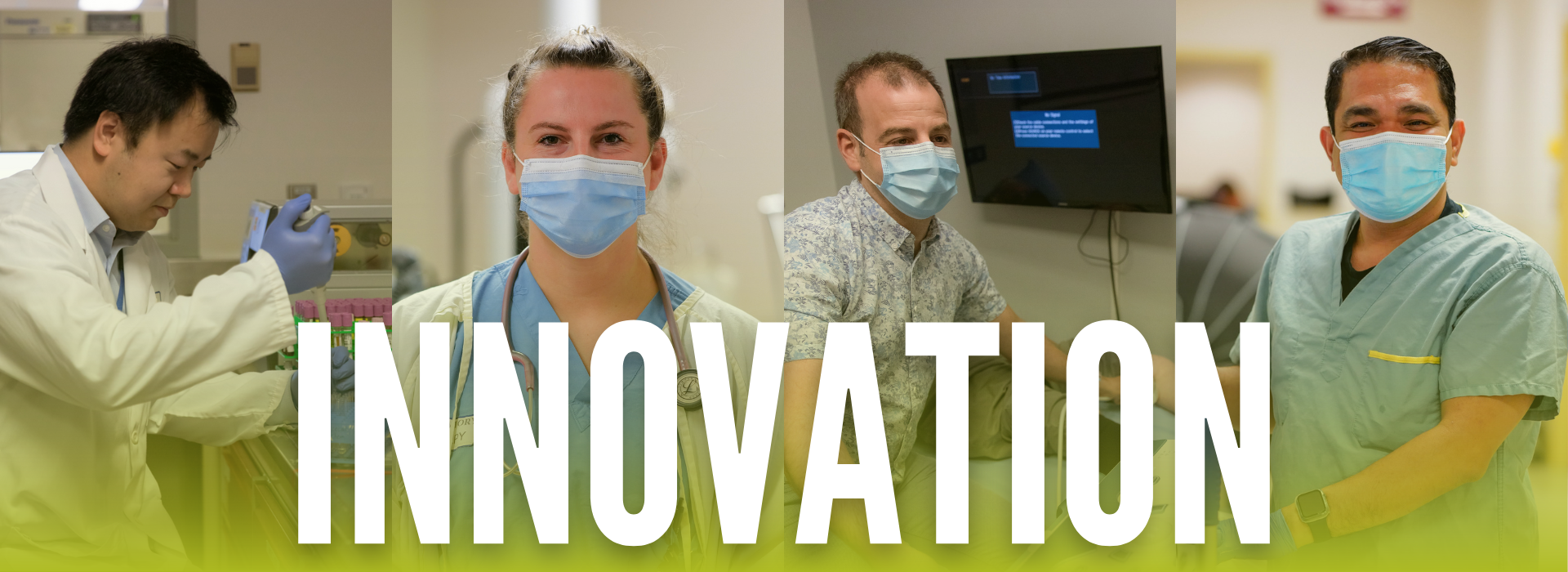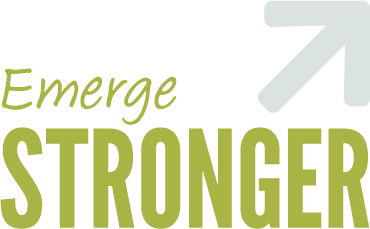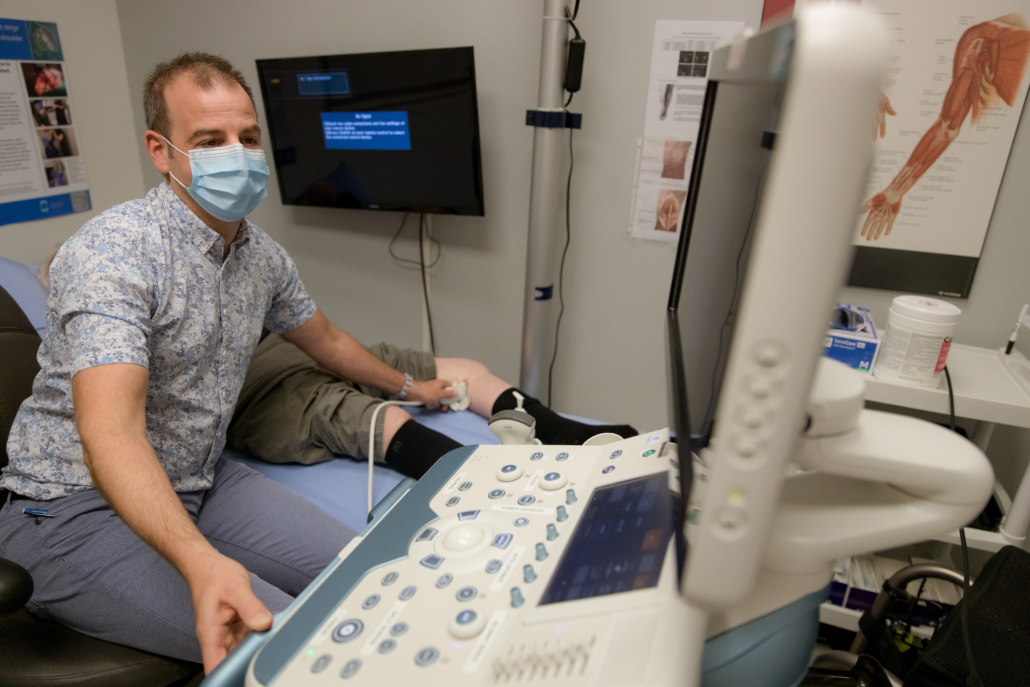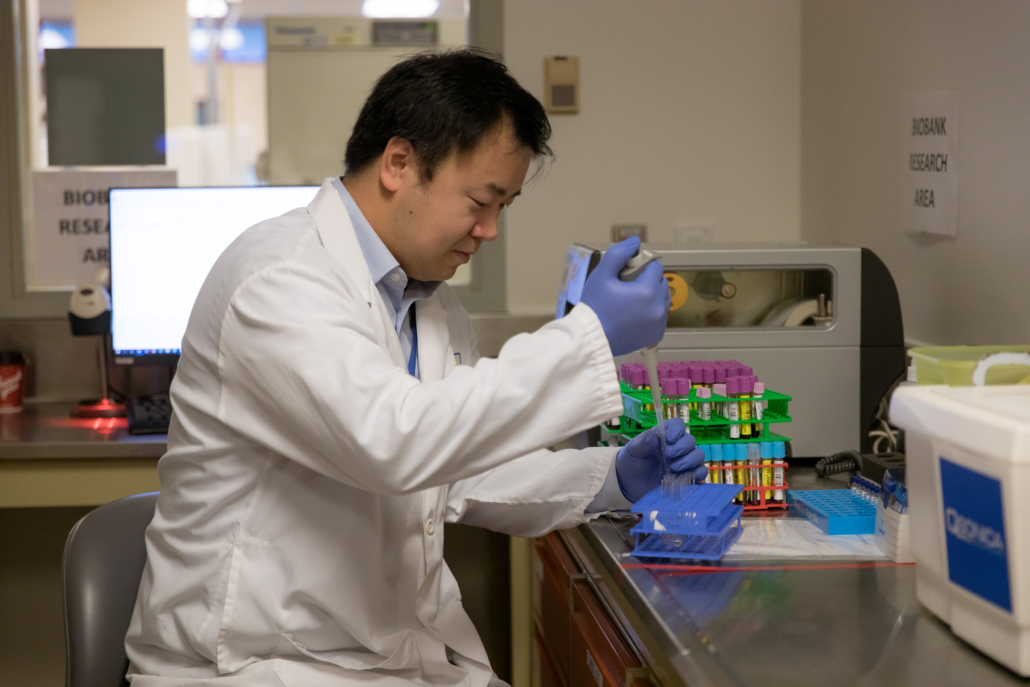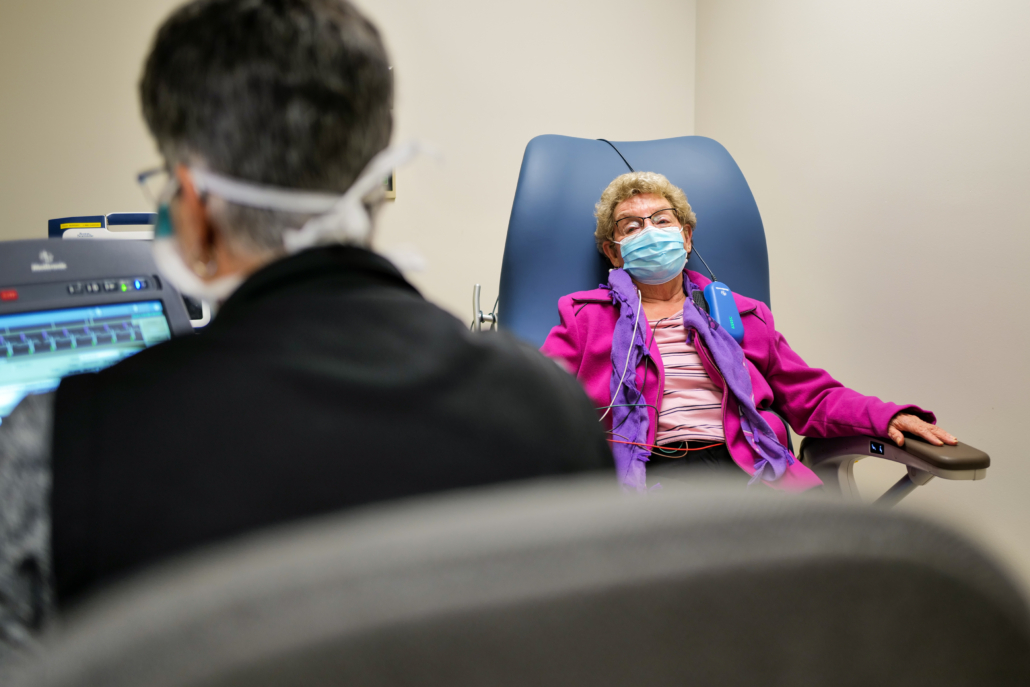A patient’s life. A clinician’s ground-breaking idea.
Your inspired giving.
Help drive innovation in local healthcare today.
Learn About the Five Research Projects You Can Support Through the $3 Million Innovation Phase of the Emerge Stronger Campaign
Dr. Paul Winston, Medical Director of Rehabilitation and Transitions, Victoria General Hospital
Reducing spasticity by harnessing the power of nitrogen
Spasticity is a disabling condition that affects hundreds of thousands of Canadians living with neurological disorders, including stroke, cerebral palsy, multiple sclerosis, and brain injuries. Spasticity robs people of the use of their limbs, and can be deforming and painful. This team has developed a treatment to deep-freeze nerves with nitrogen gas using a tiny probe through the skin. The result is muscle relaxation, restored function for shoulders, arms, hands, and hips, knees, feet, and improved quality of life for many patients. ($88,000)
VHF: What do you think is the most innovative part of your project?
Dr. Winston: This novel use of the technology was designed in Victoria, and now it’s spreading around the world quickly. We’re presenting it everywhere, and I really do think it’s going to become a global practice. And the innovation is that we can go right to the patient’s bedside to offer this treatment, thanks to the portable ultrasound that donors funded through the Victoria Hospitals Foundation. We do the procedure and it has an instant effect. The patient can suddenly start moving their limb, or they tell us they no longer have pain.
We’ve had cases where there’s a patient upstairs who needs an overhead lift just to get up and down, and after this treatment, all of a sudden all the nurses are clapping because this 90-year-old patient is walking. Or there might be a patient who can’t use their arm, and they’re crying and they’re on opioids. They have their treatment and the next time we see them, we ask them how they are. And they can say they’re fine.
“To be supported by the people of Vancouver Island, and to be able to give back to the Island, is just amazing. Support from the community allows us total freedom to do this work.”
Dr. Michael Chen, Head of Medical Biochemistry, Island Health
Detecting respiratory pathogens in pneumonia patients to accelerate treatment and reduce costs
Dr. Chen and Dr. Goodlett aim to develop a quick and affordable technique to identify respiratory pathogens (bacteria and fungi) in pneumonia patients. Currently, identifying pathogens can take a few days, and this project seeks to create a test that produces results in one hour. Rapid results can accelerate treatment and reduce costs, and could have an immense impact on survival and management for patients with sepsis (the body’s extreme and potentially life-threatening response to infection). ($93,000)
“Innovation requires you to think outside of the box and challenge the status quo. It’s also about not being afraid to look for the answers that are out there.”
VHF: What does this research mean for a future patient with pneumonia?
Dr. Chen: In principle, whenever you have early diagnosis and treatment, patients are able to receive to the right treatment in less time. We call this precision medicine, and it’s about treating the patient individually rather than the entire population. If you and I are both sick with pneumonia and we don’t know what pathogen is causing it, we get the same treatment—maybe the same antibiotic. But the faster we know what bacteria is causing you and I to be sick—because it could be a different bacteria for each of us—the sooner the right antibiotics can be given. This decreases the chance of disease progression, and can be lifesaving for a patient in the ICU who has chronic or complex infections.
VHF: What’s your “why?” What drives your work?
Dr. Chen: I am a clinical pathologist, so my daily work is trying to provide the right diagnosis to clinicians and patients. But I am always looking for areas of improvement. We can always do better, and I see this every day in my work. I ask questions like, “Why does this take so long? Can it be faster?” or “Why is this so expensive and inaccessible to the patient?” You really need to gather and develop that expertise to translate it into a better outcome for the patient. All of my work centers around what can immediately impact healthcare and the patients.
More Research Projects Your Giving Can Empower
For the patients who are waiting for breakthroughs in care, your support can’t come quickly enough. Philanthropy is the vital link that empowers our brightest minds to transform challenges into solutions.
Engaging drug checking with drug user knowledge in response to illicit drug overdose
Dr. Bruce Wallace
The rate of overdose deaths in BC has more than doubled since 2016, when illicit drug overdose was declared a public health emergency. By engaging peers and harm reduction workers, the Substance Drug-Checking Project is reducing overdose harm by sharing drug-checking information and community knowledge among people who use drugs. ($95,000)
Understanding “Breakthrough” Episodes in Patients with Neuropathic Pain: A Community-based Study of Patient and Healthcare Impacts
Dr. Michael Berger & Dr. John Kramer
People with neuropathic pain experience burning, stabbing, and aching in their hands and feet, making it difficult to walk, sleep, or sit comfortably. Even with medications to reduce symptoms, patients are likely to experience “breakthroughs” of pain, leading to frequent healthcare visits. This project aims develop strategies to prevent breakthrough pain, improve quality of life, and reduce demand on the healthcare system. ($92,000)
Giving Patients End of Life Choice Through LESS Technology: Defibrillators vs Pacemakers
Dr. Markus Sikkel & Dr. Joshua Giles
Reach out to our team to find out more about this exciting research.
“Support from the community means we can create projects that meet the needs of our community. The community supports us by funding equipment through the Foundation. Ongoing supports means we can continue to build on projects they have already supported. We can keep building until we get even better.” – Dr. Winston


